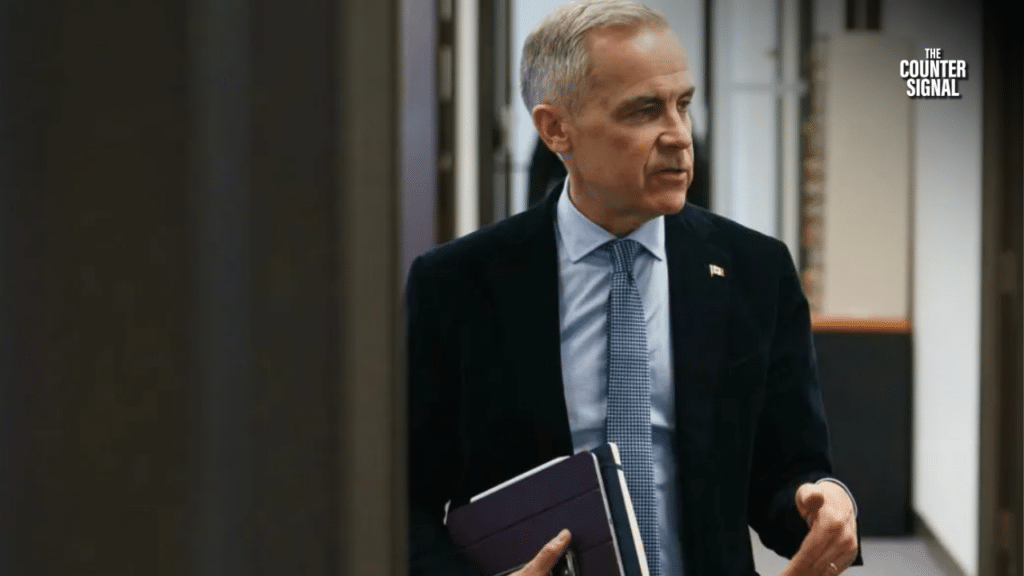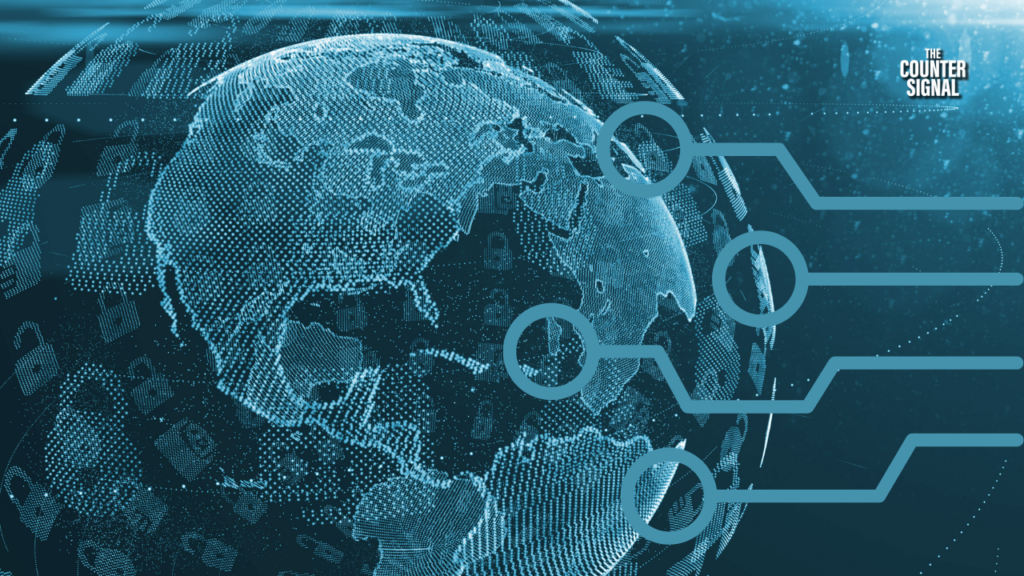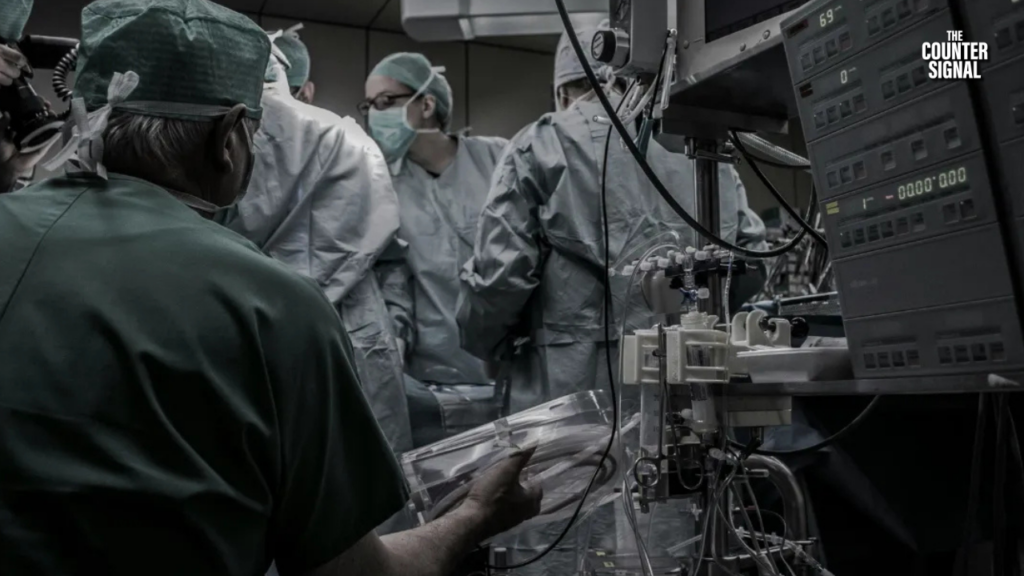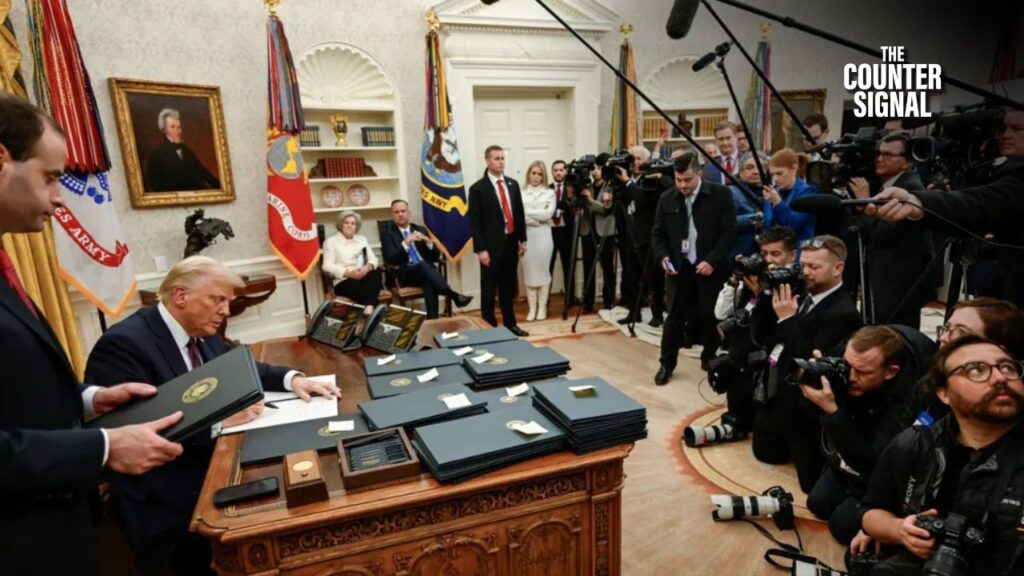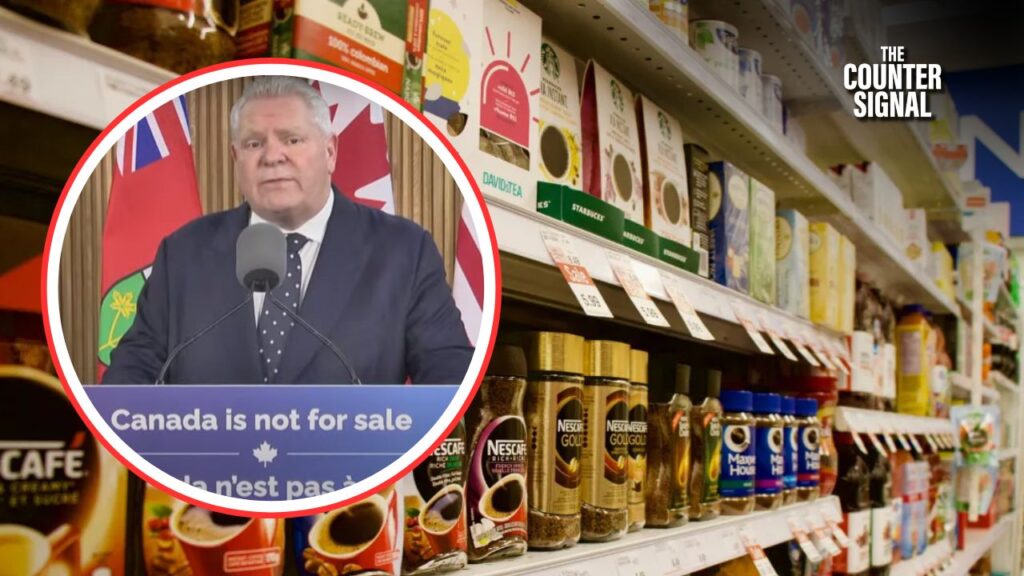German Chancellor Olaf Scholz travelled all the way to Canada in search of new energy after Russia turned off the taps, but Germany won’t be walking away with a drop of Canadian oil and gas.
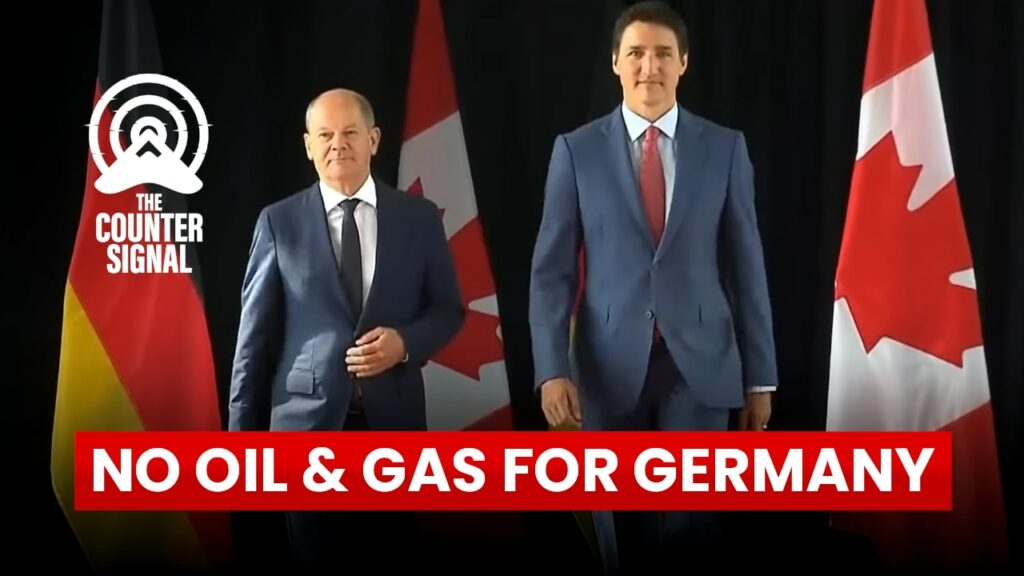
Instead, Germany was given a three-year agreement to one day get overpriced Canadian hydrogen energy in 2025.
Before German Chancellor Olaf Scholz arrived, many had speculated that a silver lining (for Canada at least) to Russia’s invasion of Ukraine would be that many countries that Russia refuses to sell oil and gas to would be willing to pay a premium for liquified natural gas exports from Canada.
But yesterday, Trudeau showed that this moment wouldn’t be seized upon, proclaiming that there has “never been a strong business case” for shipping natural gas for Canada’s east coast to Europe before lecturing Germany on the opportunity to go green that their gas crisis provides.
“We are looking right now, and companies are looking at whether or not the new context makes it a worthwhile business case to make those investments,” Trudeau said.
“But there needs to be a business case. It needs to make sense for Germany to be receiving LNG directly from the East Coast. Those are discussions that are ongoing right now between our ministers, between various companies to see if indeed it makes sense.”
Trudeau continued, launching into a tirade about how this provides an opportunity to ramp up green energy efforts to reach a glorious net zero.
“The world is going to need energy in the coming decades,” Trudeau said. “It also is going to need to make sure that that energy is net-zero.”
“… There is a market case for this. This is where the world is going.”
As for the market case, there’s a big one. Not so long ago, Canada was haggling over the costs of a proposed Energy East pipeline that would have shipped 1.1 million barrels of oil from Alberta to Atlantic Canada. This would have been a boon to Canada now and alleviated much of Europe’s current suffering regarding a looming energy crisis that will lead to international blackouts and fuel rationing this winter.
In 2019, the Bloc Quebecois took credit for killing the pipeline, but really it was a coalition of Eastern skeptics and climate radicals.
Now, rather than having the infrastructure ready to ship natural gas to Germany, Canada and Germany are signing a “declaration of intent” to create a hydrogen alliance.
This will mean that Canada is expected to produce and ship hydrogen energy to Germany, but even mainstream media outlets — which usually serve as Trudeau’s personal cheerleaders — are having a tough time making a convincing case that this is even possible.
“Although Canada currently produces almost no hydrogen that would fit the goals of the agreement, both countries believe a new hydrogen trade corridor can be up and running “well before 2030″ and the first deliveries are possible in 2025,” writes CTV News.
Indeed, rather than working with what we have an abundance of right now to help our struggling allies immediately, Canada is instead going to race to create a totally new industry to help them sometime in the future (possibly after they resume purchasing Russian oil and do not need hydrogen energy).




